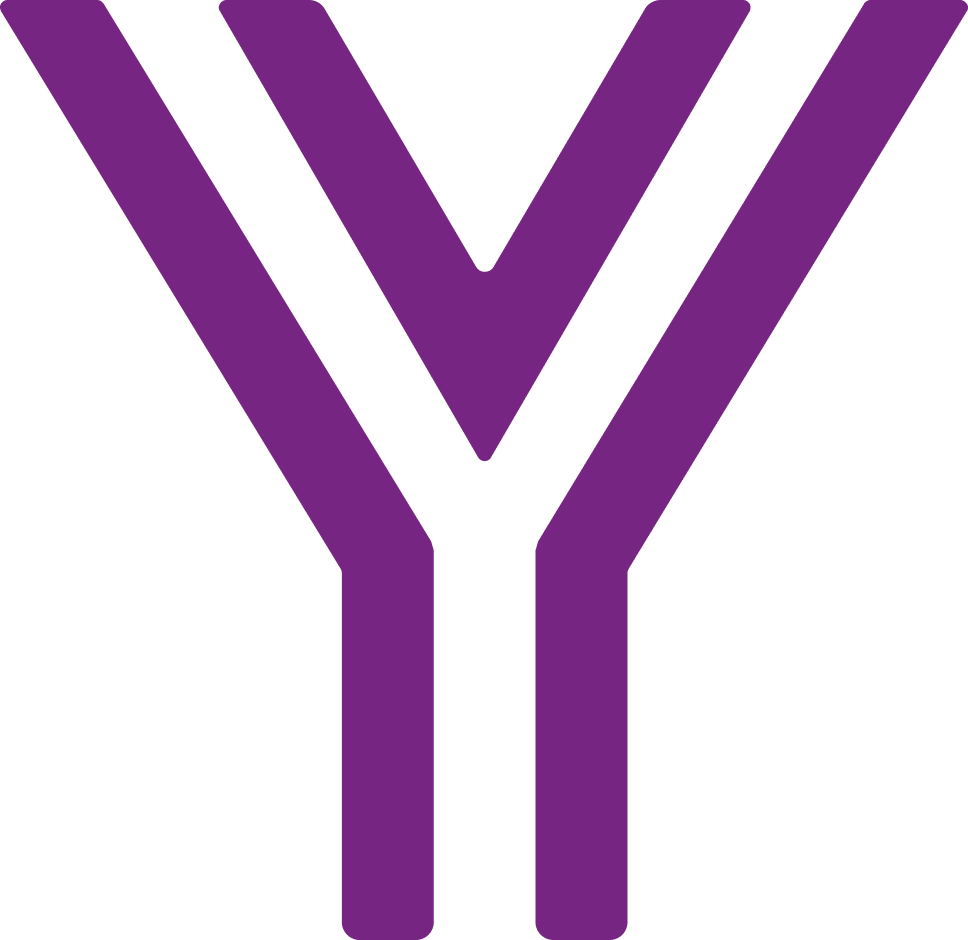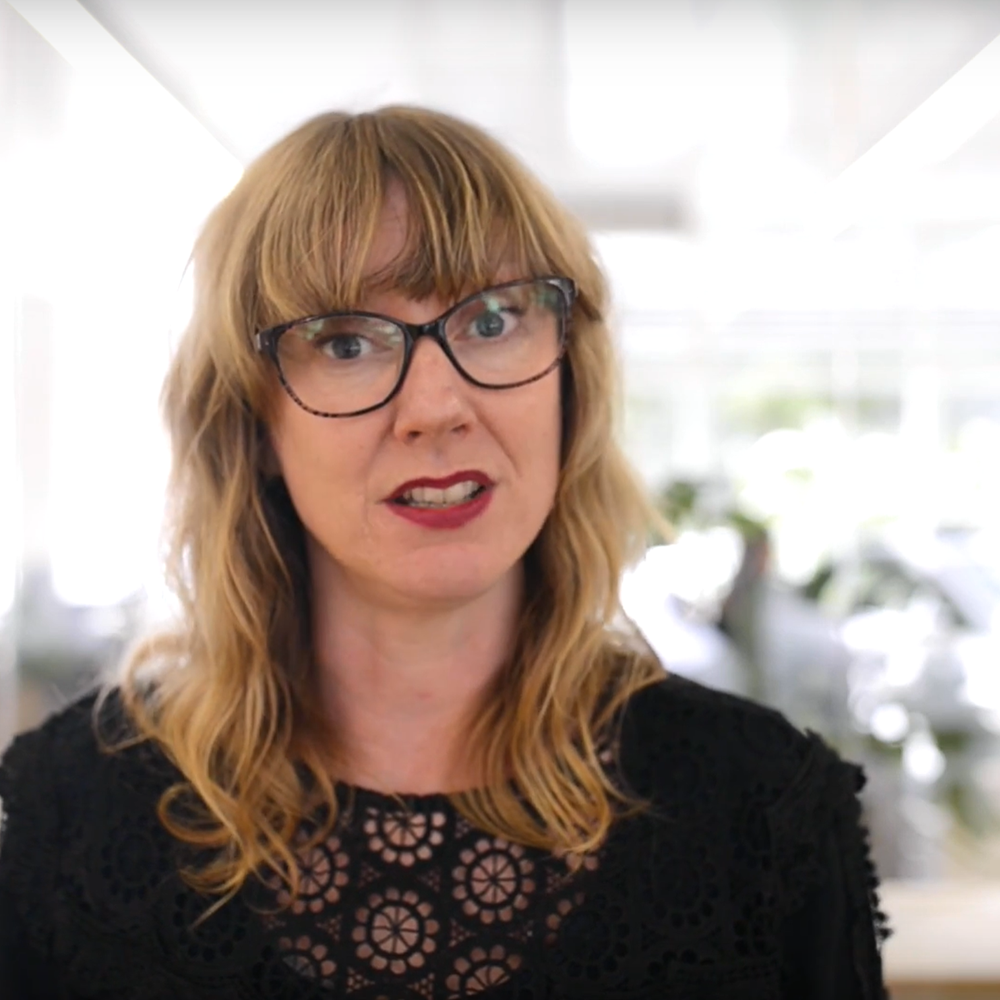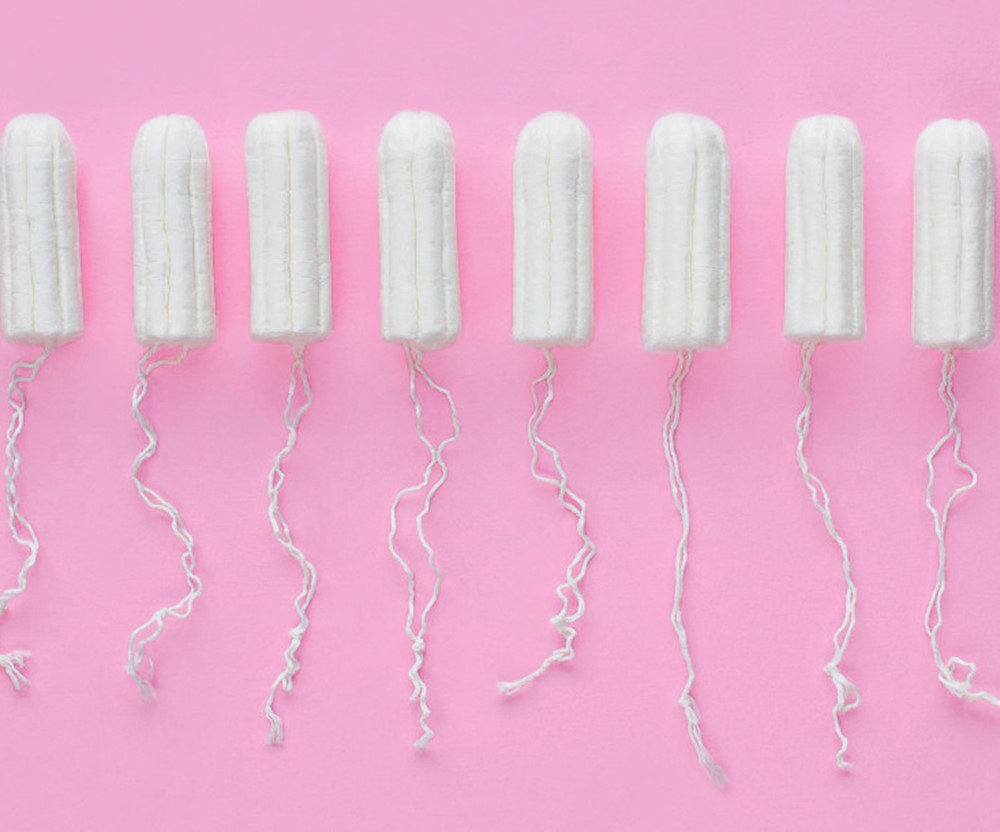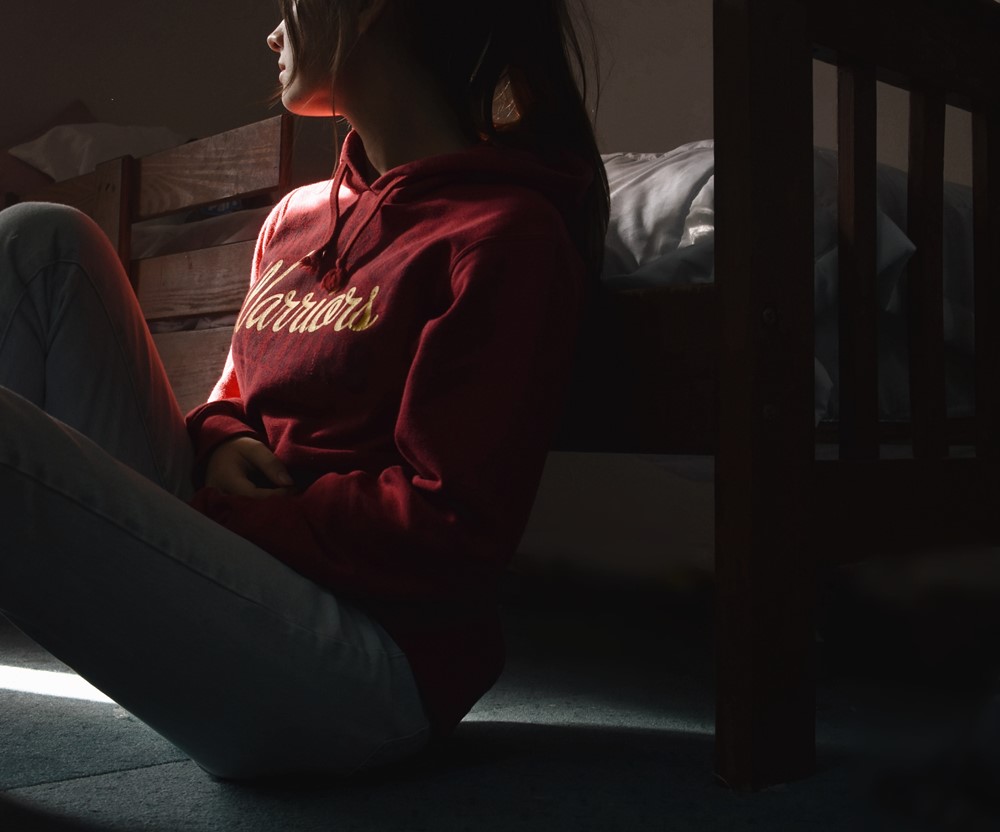
The bigger question
1 in 4 women and girls in Aotearoa New Zealand live with a disability. Disability can be anything from physical impairments to neurodiversity to sensory conditions to mental illness and more. And some young women experience multiple disabilities. Our Insights and Advocacy Manager, Anna, talks about the unique discrimination young women with disabilities face and the impacts that has.
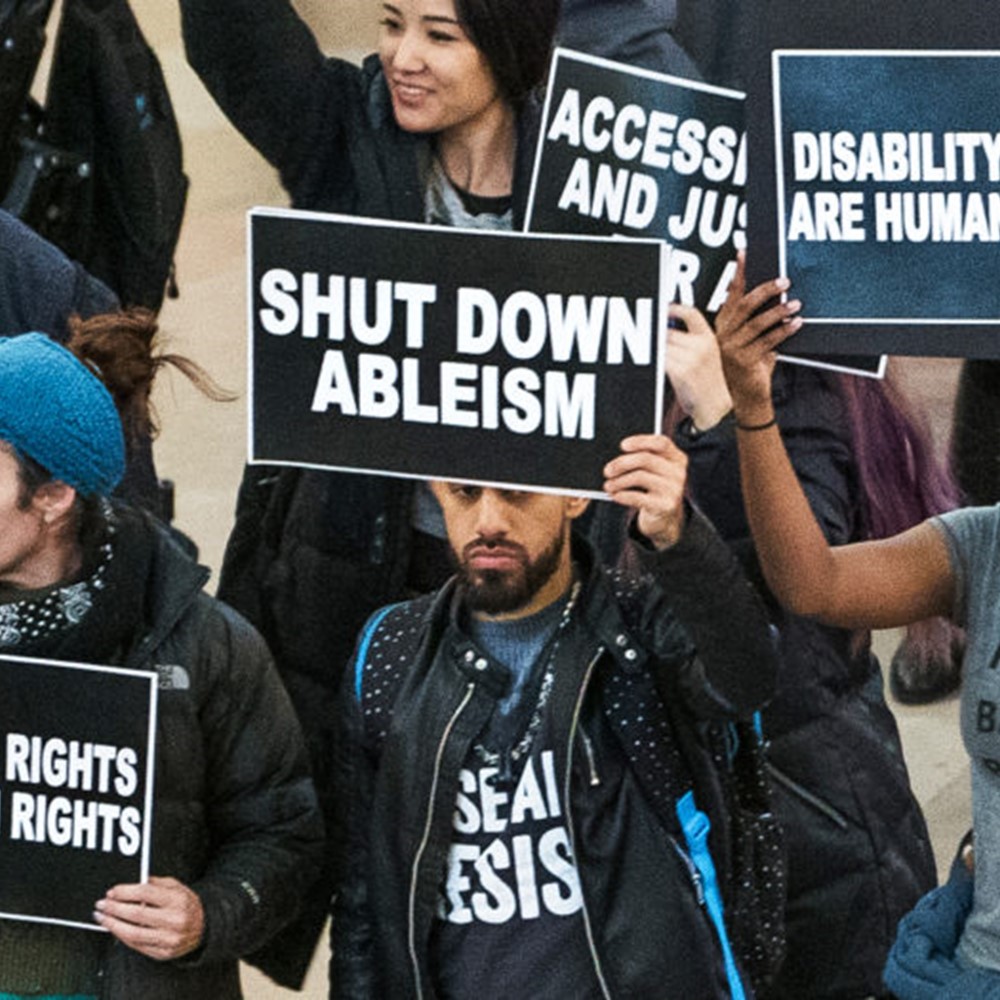
What you should know
Young women with disabilities often face a triple whammy of discrimination: as women, as persons with disabilities and as young people. For example: Disabled young women are more likely to be victims of violence than non-disabled people. 10 percent of non disabled young people in NZ are Not in Employment, Education or Training where for disabled young people it’s 43 percent Add in other intersectional factors such as ethnicity, sexual identity, socio economic status, type of disability and the barriers only increases. Disabled young women are too often denied agency by stigma and prejudice that assumes they are less capable than they are. When this happens, these young women are less able to access public spaces and services they need, such as health care, education, information technologies, and employment.

More Disabled Women in Leadership Positions Needed
Strong female role models are vital for young women with disabilities. It expands what they see as possible for themselves, encourages their ambitions, and sets them on a course to becoming role models themselves. Girls cannot be what they cannot see. Not all of us want to or can be a Paralympian – Dr. Robbie Francis (at left).
Other Insight Reports that might interest you
You can make a difference to the lives of young women and girls today
Many of our young women are still marginalised, living in a system where they face multiple challenges. We need your help to even up the playing field.

